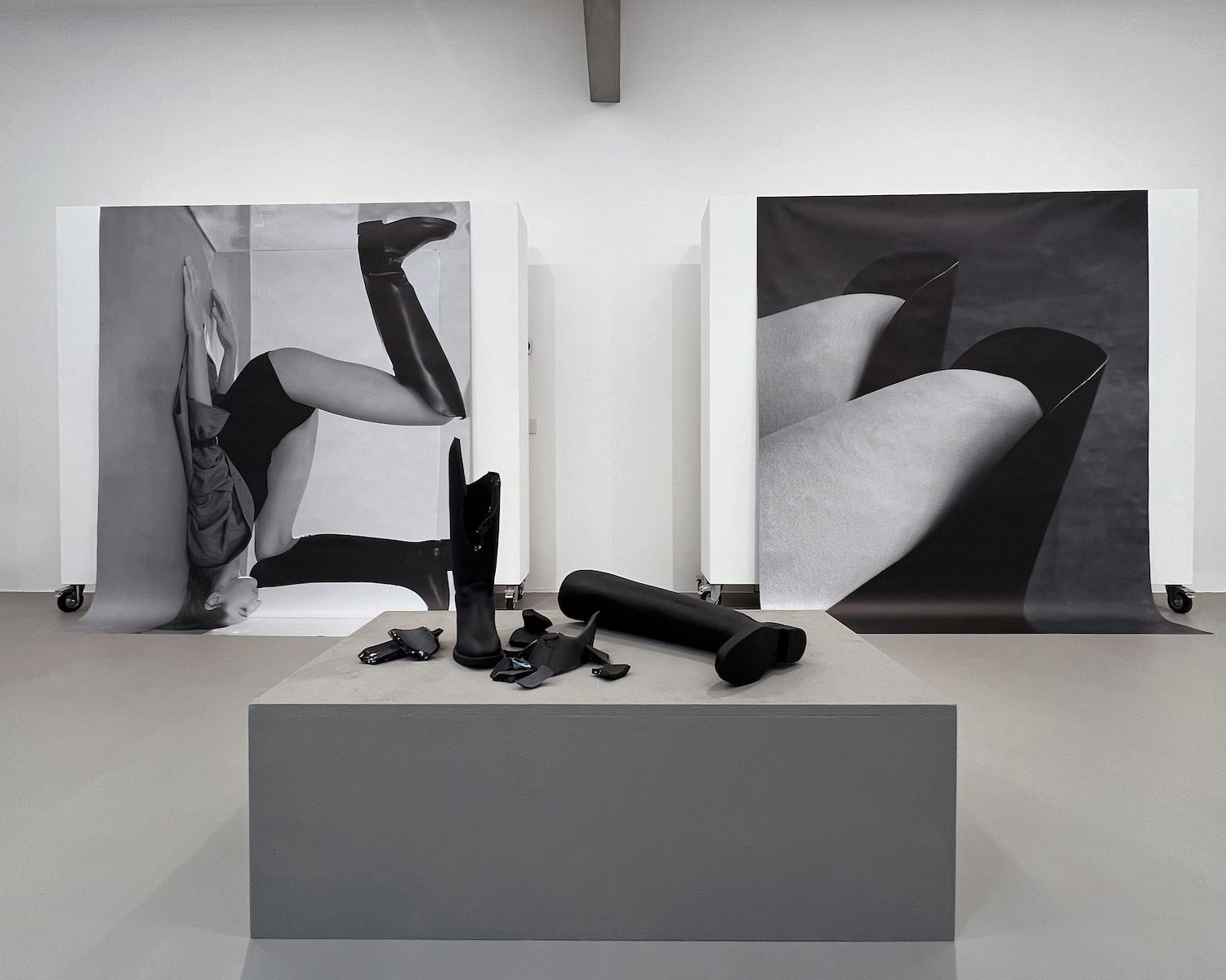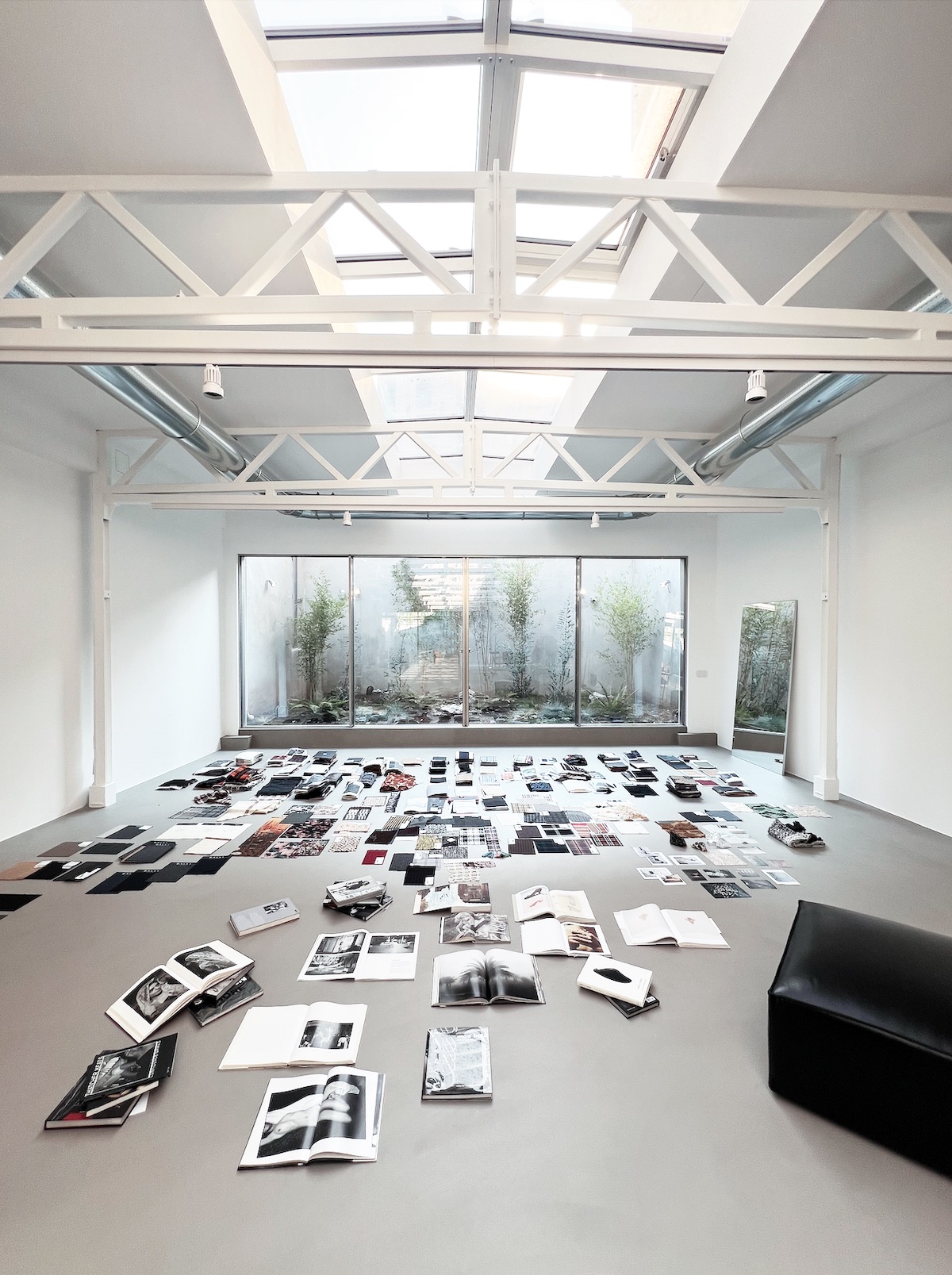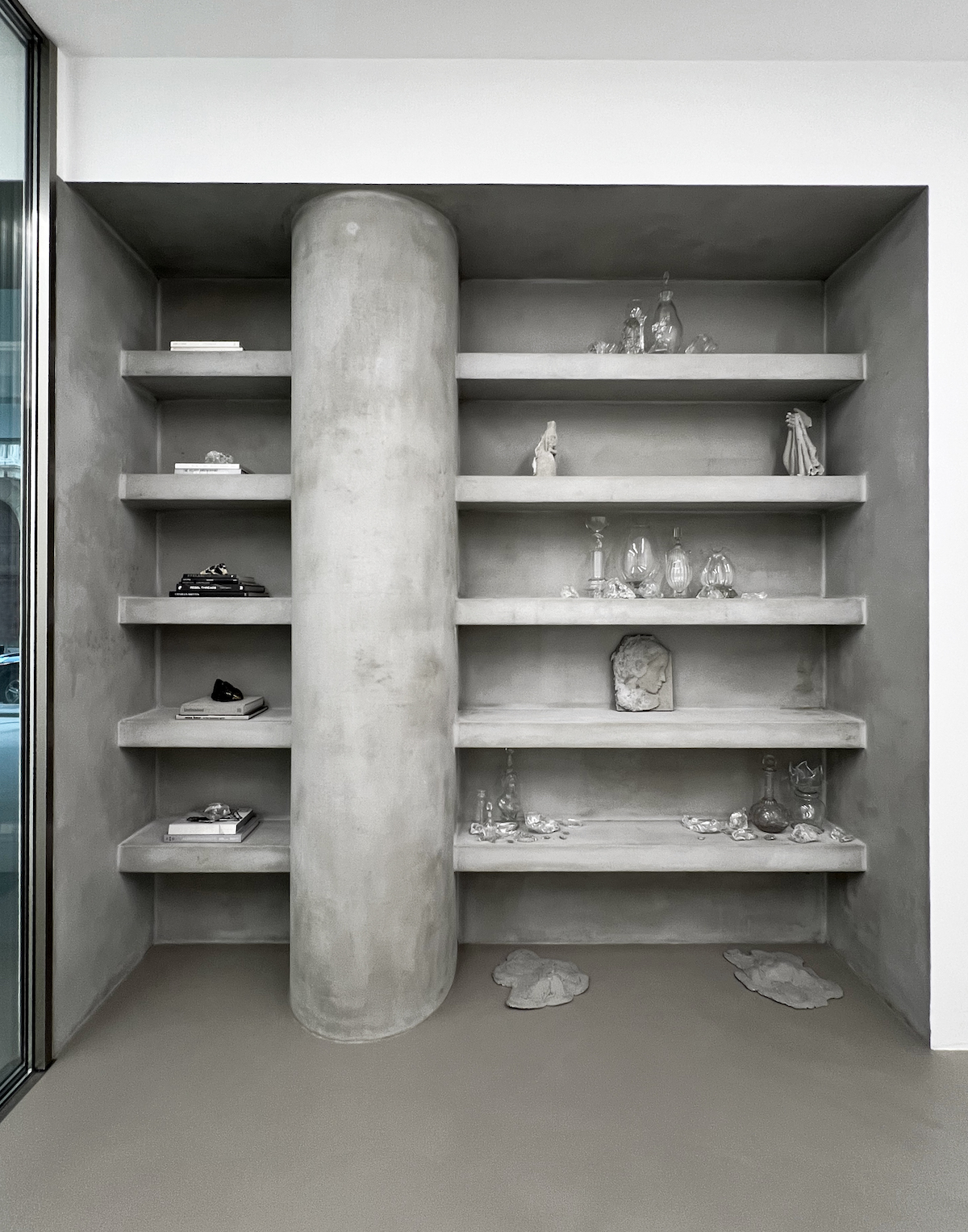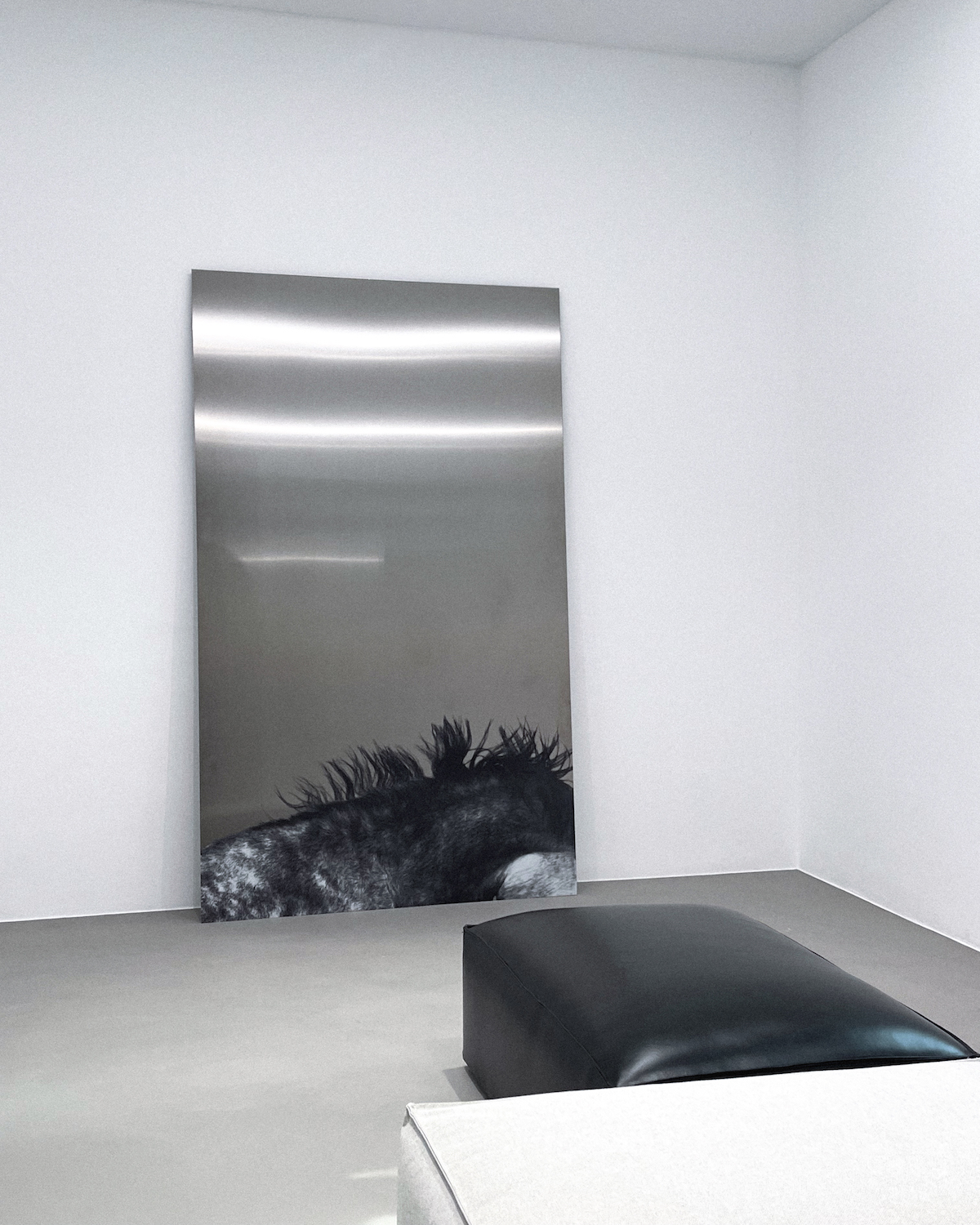
Despite a brief three years in business, Italian fashion label Durazzi Milano has cultivated a mood of polish and refinement that belies its status as a so-called emerging brand, a term that more often evokes the scrappy and the DIY. This is largely down to the pedigree of the designer behind it, Ilenia Durazzi, a graduate of Florence’s Polimoda fashion school who went on to work at Maison Margiela, Balenciaga and Tod’s, and comes with aspirations of building a brand that sits alongside the likes of Hermès in construction and design.
‘Working for the great maisons in Paris has developed my skills to follow a very strict schedule. Then, through experience, I've learned the art of prioritising, and I don't panic, ever,’ she told Wallpaper* in 2023, when we first profiled Durazzi Milano as a brand to watch. Inspired by Rationalism, her collections marry a mood of sensual elegance with the practicality of equestrian-wear, a particular love of Durazzi’s. Each piece in the collection is meticulous crafted through collaborations with traditional Italian artisans, though the results are sleekly contemporary. ‘Elegance and rigour. This is the cornerstone of the style I want to convey with my creations.’
Inside Durazzi Milano’s ‘elegant, rigorous’ studio

Now, Durazzi brings this exacting approach to a new multi-purpose studio and headquarters in Milan, marking a new chapter for the label. Located on Via Rosolino Pilo close to Porta Venezia, an area of the city historically known for its links to craft – traditionally it was a place of woodmakers, cobblers and potters – it has more recently becomes one of the Milan’s artistic hubs, with a slew of gallery openings. ‘I like the idea that our studio is in a place where things happen, a place of creativity, where there’s a mix of people,’ says Durazzi, noting that after work the neighbourhood has a thriving nightlife scene. ‘The street is very alive, that’s why we chose it.’
Formerly a space where people played the ball-game petanque, before becoming a repair shop for bicycle saddles, and most recently a restaurant, the industrial space has been completely transformed by Durazzi into a sleek, light-filled studio with grey concrete or white plaster walls, a microcement resin floor, glass walls and steel accents. Lighting comes from hidden neon lights, while storage space – like wardrobes – has been cleverly built into the walls. ‘It’s industrial, but refined,’ she says. Meanwhile, a winter garden that is on show through the glass walls – featuring ferns, bamboo, eucalyptus and stipa – makes for a satisfying interplay between indoor and outdoor. ‘You can really escape from the city.’

Durazzi designed the space herself, despite having no background in architecture or interiors. ‘I'm not an architect, but I think inside of me there is this dialogue between geometry and functionality,’ she says. ‘Doing this really helped me realise what Durazzi Milano is. I’m defining it season by season – we are learning who we are. Not only the garments, but a lifestyle, a more wide-angled view of the brand.’
She also plans to utilise the space as a community arts hub, using the street-facing space at the front of the studio as a gallery for artists’ work, as well as hosting a roster of eveningtime events and salon-style happenings (a programme is already in the works, as well as a possible collaboration with one of the city’s more long-founded institutions). ‘I always imagined the studio more as a gallery space,’ she says. ‘I wanted to link the people who are wearing my clothes... for it to be like a connected circle. And sometimes I wished for something to do after work, so I thought, I’m going to make it.’

The desire to create something that should exist, but doesn’t yet, lies at the heart of Durazzi’s approach to the space. It is why she designed her own furniture, much of which is modular, and can be moved around the space on cleverly concealed wheels, rather than selecting from the roster of Italian design classics you might expect in a typical Milanese studio. ‘I wanted to design for 2024, and not just pick out a vintage piece of design,’ she says. ‘I think to think for the future, you really have to be the future.’







